Duo of computer scientists and biochemist share Nobel chemistry prize for AI assisted research
Prize awarded for work on proteins, the building blocks of life
Reuters
News Agency Partner
Reuters is a leading source of news and information, delivering fact-based reporting and expert analysis on international events and trends.
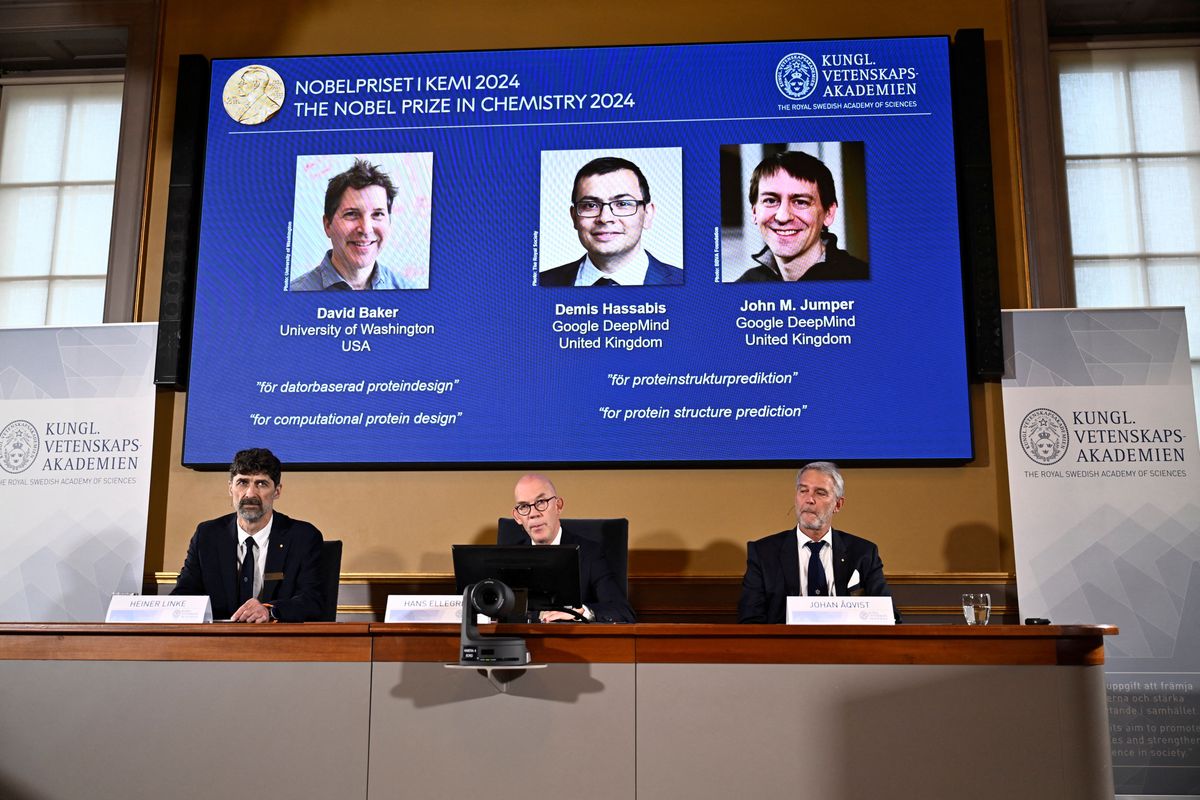
Announcers of the laureates for the Nobel Prize in Chemistry look on as the images of the winners, David Baker (University of Washington, USA), Demis Hassabis (Google DeepMind, UK) and John M Jumper (Google DeepMind, UK) are displayed, in Stockholm, Sweden October 9, 2024.
Reuters
Baker, Hassabis and Jumper win Nobel chemistry prize
U.S. professor Baker developed tools to create new proteins
Google DeepMind scientists Hassabis and Jumper used AI to predict protein structures
U.S. Scientists David Baker and John Jumper and Briton Demis Hassabis won the 2024 Nobel Prize in Chemistry on Wednesday for work on decoding the structure of proteins and creating new ones, yielding advances in areas such as drug development.
Half the prize was awarded to Baker "for computational protein design" while the other half was shared by Hassabis and Jumper "for protein structure prediction", said the Royal Swedish Academy of Sciences, which makes the award.
Baker, 62, is a professor at the University of Washington, in Seattle, while Hassabis, 48, is CEO of Google DeepMind, the AI research subsidiary of Google, where Jumper, 39, also works as senior research scientist.
- YouTubewww.youtube.com
Hassabis and Jumper utilized artificial intelligence to predict the structure of almost all known proteins, while Baker learned how to master life's building blocks and create entirely new proteins, the award-giving body said.
Huge congratulations to @DemisHassabis and John Jumper on being awarded the 2024 Nobel Prize in Chemistry for protein structure prediction with #AlphaFold, along with David Baker for computational protein design.
This is a monumental achievement for AI, for computational… https://t.co/AreUmOKFRp
— Google DeepMind (@GoogleDeepMind) October 9, 2024
The award is the second this week given for work involving artificial intelligence, underscoring the growing importance of machine learning and large language models for science.
"One of the discoveries being recognized this year concerns the construction of spectacular proteins," the academy said in a statement. "The other is about fulfilling a 50-year-old dream: predicting protein structures from their amino acid sequences."
The prize, widely regarded as among the most prestigious in the scientific world, is worth 11 million Swedish crowns ($1.1 million).
'Spectacular new proteins'
Baker said he was asleep when the phone rang and he got the announcement.
"Then my wife began screaming very loudly so I couldn't really hear very well," Baker said by phone to the press conference announcing the prize.
"I'm really excited about all the ways in which protein design makes the world a better place in health, medicine and really, outside technology," he said.
In 2003, Baker was able to use amino acids, often described as life's building blocks, to design a new protein that was unlike any existing one, the academy said.
That opened the door to the rapid creation of different proteins for uses in areas such as pharmaceuticals, vaccines, nanomaterials and even tiny sensors.
"He developed computational tools that now enable scientists to design spectacular new proteins with entirely novel shapes and functions, opening endless possibilities for the greatest benefits to humankind," Heiner Linke, chair of the Nobel Committee for Chemistry, said of Baker's contribution.
In 2020, Hassabis and Jumper presented an AI model called AlphaFold2. With its help, they have been able to predict the structure of virtually all the 200 million proteins that researchers have identified, the academy said.
Third Nobel prize announced
The third award to be handed out every year, the chemistry prize follows those for medicine and physics announced earlier this week.
The Nobel prizes were established in the will of dynamite inventor and wealthy businessman Alfred Nobel and are awarded to "those who, during the preceding year, shall have conferred the greatest benefit to humankind".
First handed out in 1901, 15 years after Nobel's death, it is awarded for achievements in medicine, physics, chemistry, literature and peace. Recipients in each category share the prize sum that has been adjusted over the years.
The economics prize is a later addition funded by the Swedish central bank.
Chemistry, close to Alfred Nobel's heart and the discipline most applicable to his own work as an inventor, may not always be the most headline-grabbing of the prizes, but past recipients include scientific greats such as radioactivity pioneers Ernest Rutherford and Marie Curie.
Last year's chemistry award went to Moungi Bawendi, Louis Brus and Aleksey Ekimov for their discovery of tiny clusters of atoms known as quantum dots, widely used today to create colours in flat screens, light emitting diode (LED) lamps and devices that help surgeons see blood vessels in tumours.
Alongside the cash prize, the winners will be presented a medal by the Swedish king on Dec. 10, followed by a lavish banquet in Stockholm city hall.


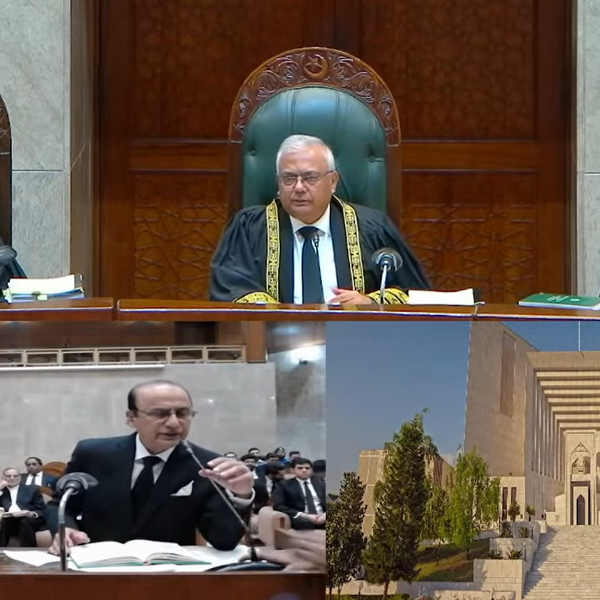
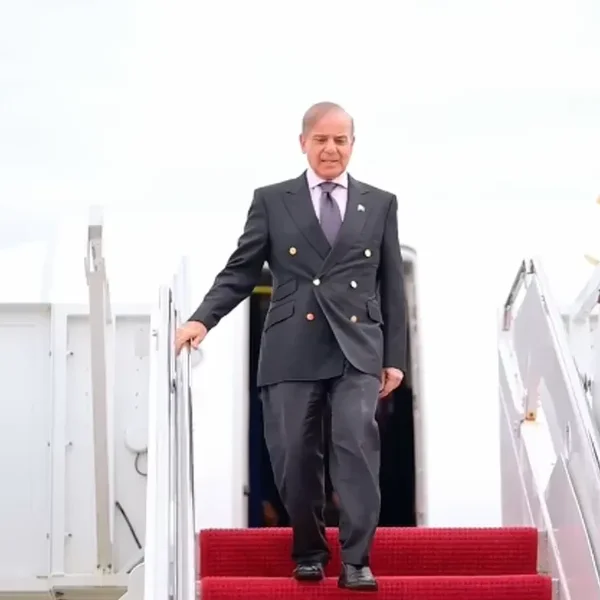
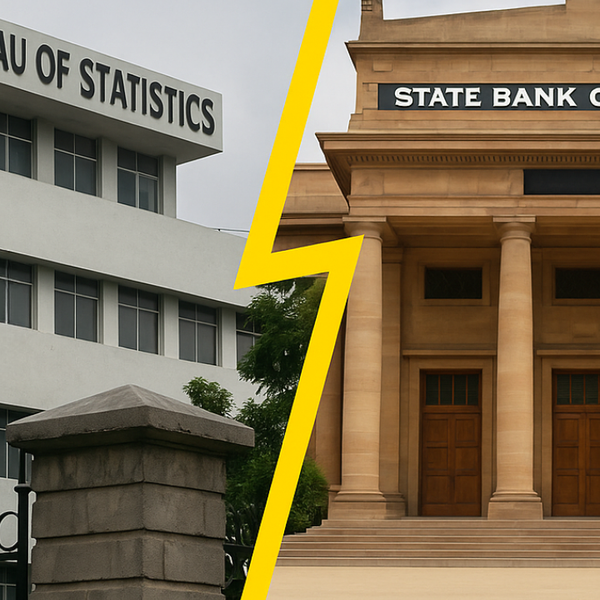


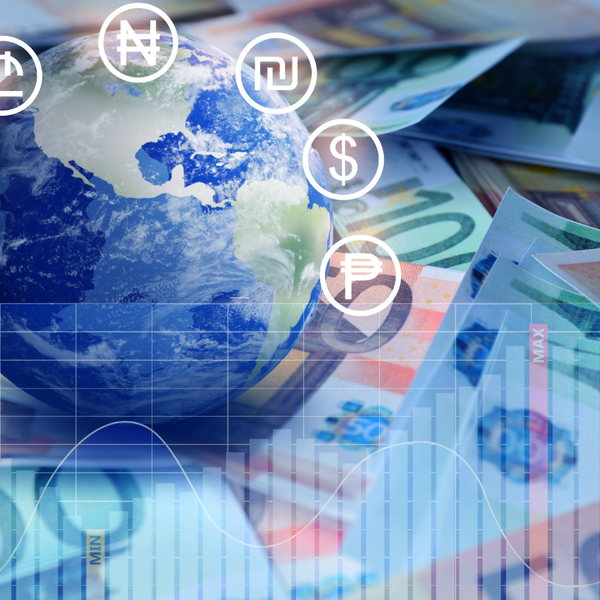


Comments
See what people are discussing